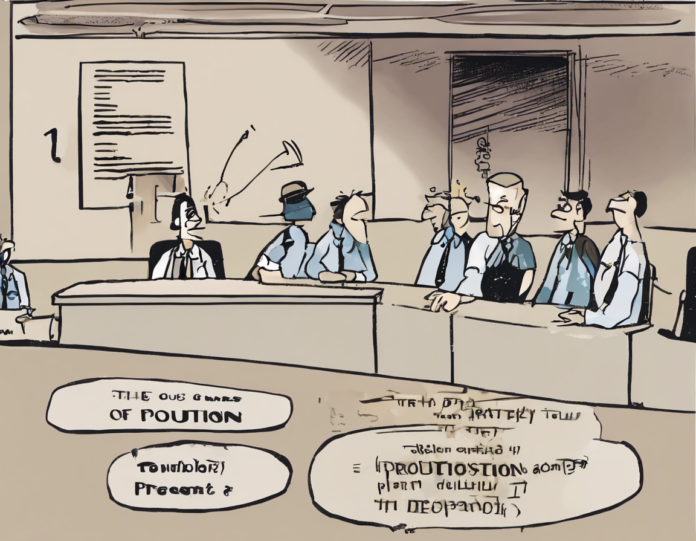Introduction
In the realm of employment, the probation period stands as a pivotal phase for both employers and employees. Often lasting anywhere between one to six months, this initial period serves as a trial period for both parties to evaluate the suitability of the working relationship. While the terms and conditions surrounding probation might vary between organizations and countries, the fundamental principles remain consistent. In this article, we will delve into the intricacies of the probation period, highlighting its significance, common practices, rights of employees and employers, and ways to navigate this critical phase of employment.
Understanding the Probation Period
What is a Probation Period?
A probation period is a specified duration at the commencement of an employment contract during which the performance and suitability of an employee are assessed by the employer. The purpose of this phase is to allow employers to evaluate the capabilities, compatibility, and conduct of the employee in the actual work environment.
Benefits of a Probation Period
- Evaluation: It provides a structured timeframe for employers to evaluate the employee’s performance, adaptability, and overall fit within the organization.
- Training and Feedback: Employers can offer necessary training and feedback to help employees improve and succeed in their roles.
- Legal Protection: It allows employers to terminate employment with minimal notice if the employee fails to meet expected standards.
Common Practices During Probation
During the probation period, employers often monitor the employee’s performance, conduct, and overall integration within the team. Regular feedback sessions are conducted to communicate expectations, provide guidance, and address any issues or concerns that may arise. Employers may also offer additional training or resources to support the employee in meeting the required standards.
Rights of Employees During Probation
While on probation, employees are entitled to certain rights and protections, although these may vary depending on the country and local labor laws. Employees on probation are typically entitled to:
- Payment: They must be paid as per the agreed terms and conditions.
- Leave Entitlement: They may be entitled to annual leave, sick leave, or other benefits as outlined in the employment contract.
- Fair Treatment: They should be treated fairly and not discriminated against on the basis of race, gender, age, or other protected characteristics.
Rights of Employers During Probation
Employers also have rights during the probation period to ensure the smooth functioning of their organization. These rights may include:
- Termination: The right to terminate employment with shorter notice periods or reasons during probation.
- Performance Evaluation: The right to assess the employee’s performance and suitability for the role.
- Training: The ability to provide necessary training and resources to support the employee’s development.
Navigating the Probation Period
For employees, the probation period can be a stressful time as they strive to prove their capabilities and secure their position within the organization. To navigate this phase successfully, employees can consider the following tips:
- Communicate: Maintain open communication with your supervisor or manager to seek feedback and clarification on expectations.
- Seek Support: Take advantage of training opportunities and seek guidance from colleagues to enhance your performance.
- Set Goals: Establish clear goals and objectives for yourself to track your progress and demonstrate your commitment to the role.
Frequently Asked Questions (FAQs)
- Can probation periods be extended?
-
Yes, in some cases, probation periods can be extended to allow for further assessment of an employee’s performance and suitability for the role.
-
Can an employer terminate an employee during the probation period without a reason?
-
Depending on the jurisdiction and the terms outlined in the employment contract, the employer may have the right to terminate an employee without providing a specific reason during the probation period.
-
Do employees receive full benefits during the probation period?
-
Employees on probation are typically entitled to basic benefits such as payment, leave entitlement, and fair treatment as per the employment contract and local labor laws.
-
What happens after the probation period ends?
-
After the probation period ends, the employer evaluates the employee’s performance and suitability for the role. If successful, the employee may be confirmed in the position permanently.
-
Can an employee resign during the probation period?
- Yes, employees have the right to resign from their position during the probation period, subject to the notice period as per the employment contract.
Conclusion
In conclusion, the probation period serves as a critical phase in the employment journey, allowing both employers and employees to assess the suitability of the working relationship. By understanding the purpose, benefits, common practices, and rights associated with the probation period, individuals can navigate this phase with confidence and effectiveness. Clear communication, goal setting, and a proactive approach can help employees make the most of this trial period and pave the way for long-term success in their roles.

